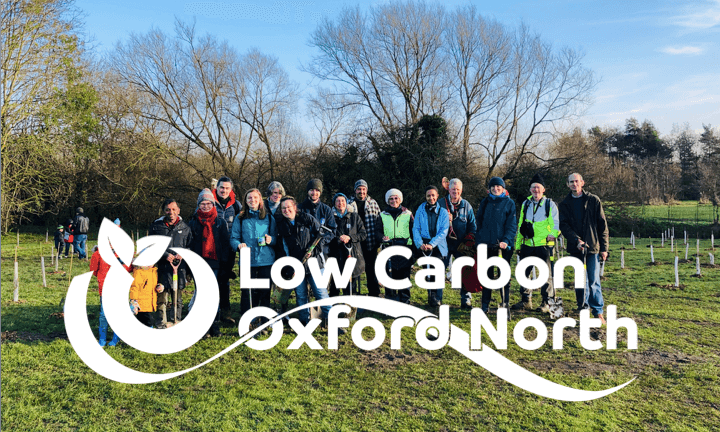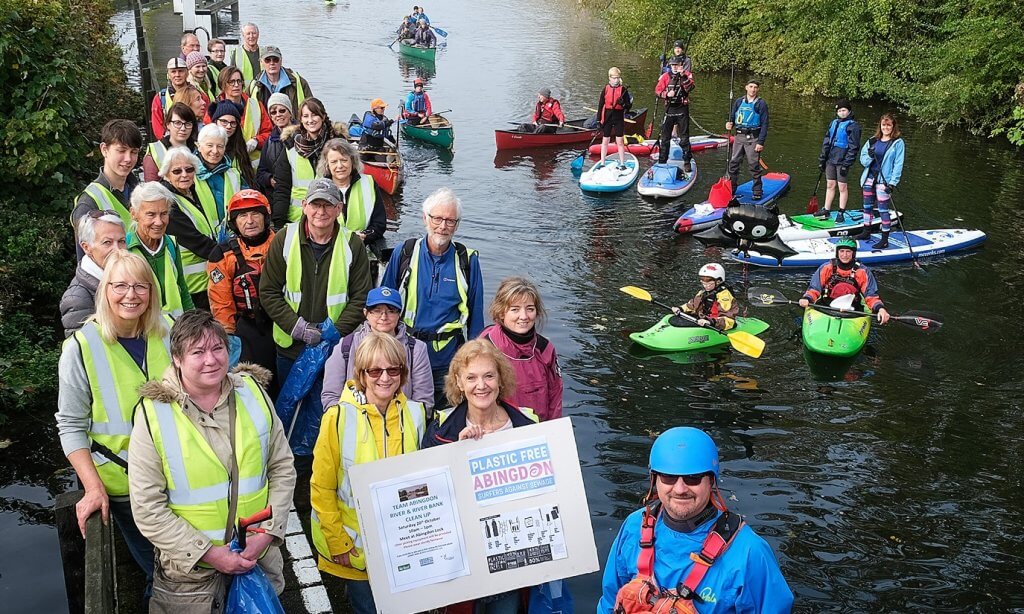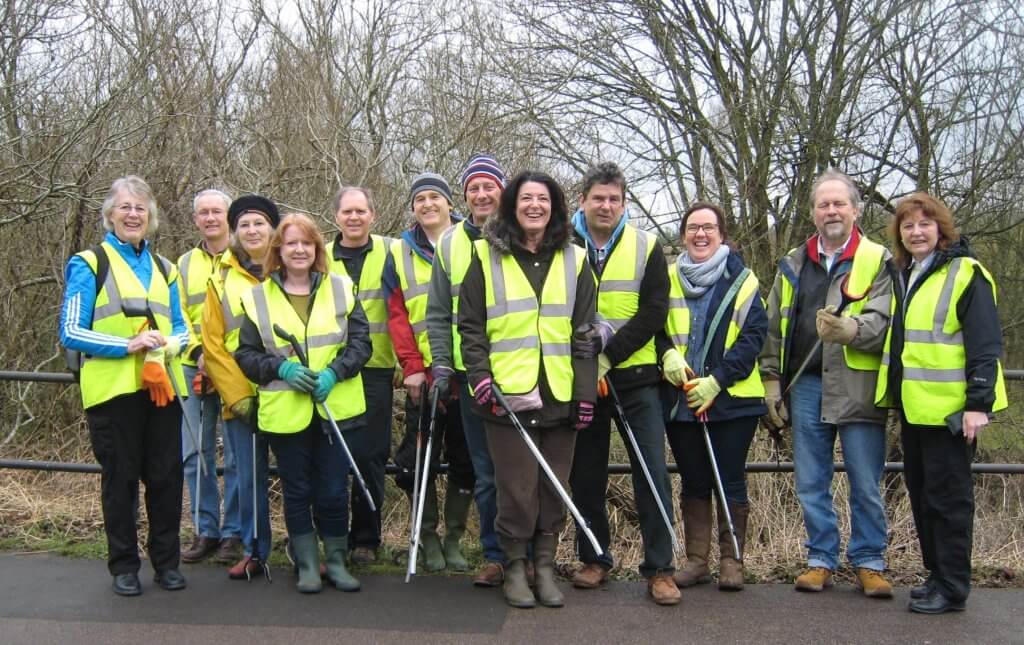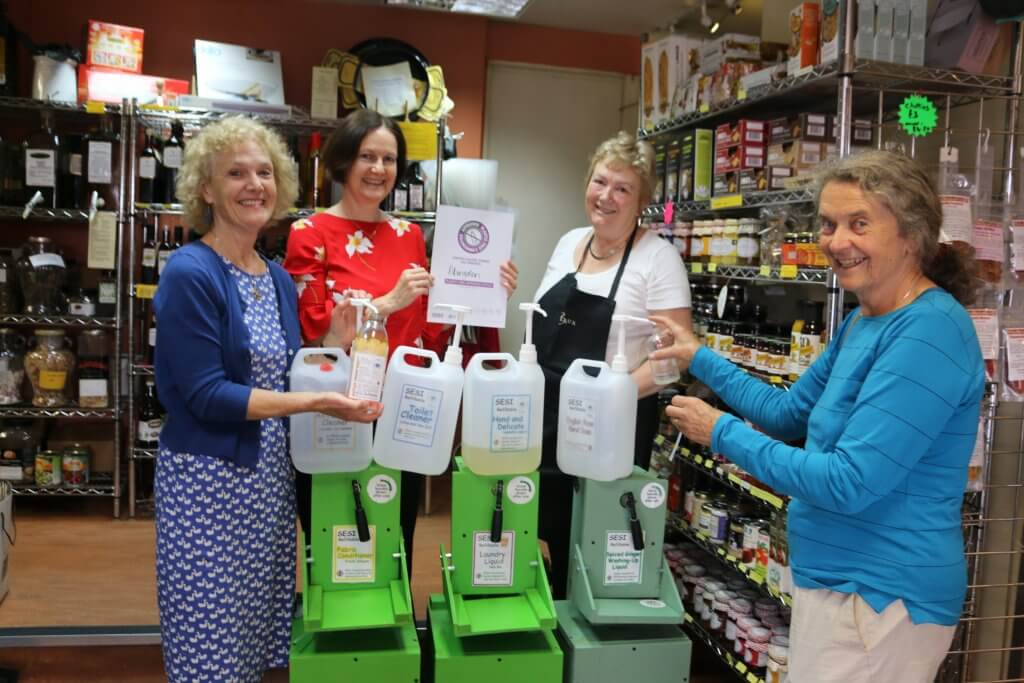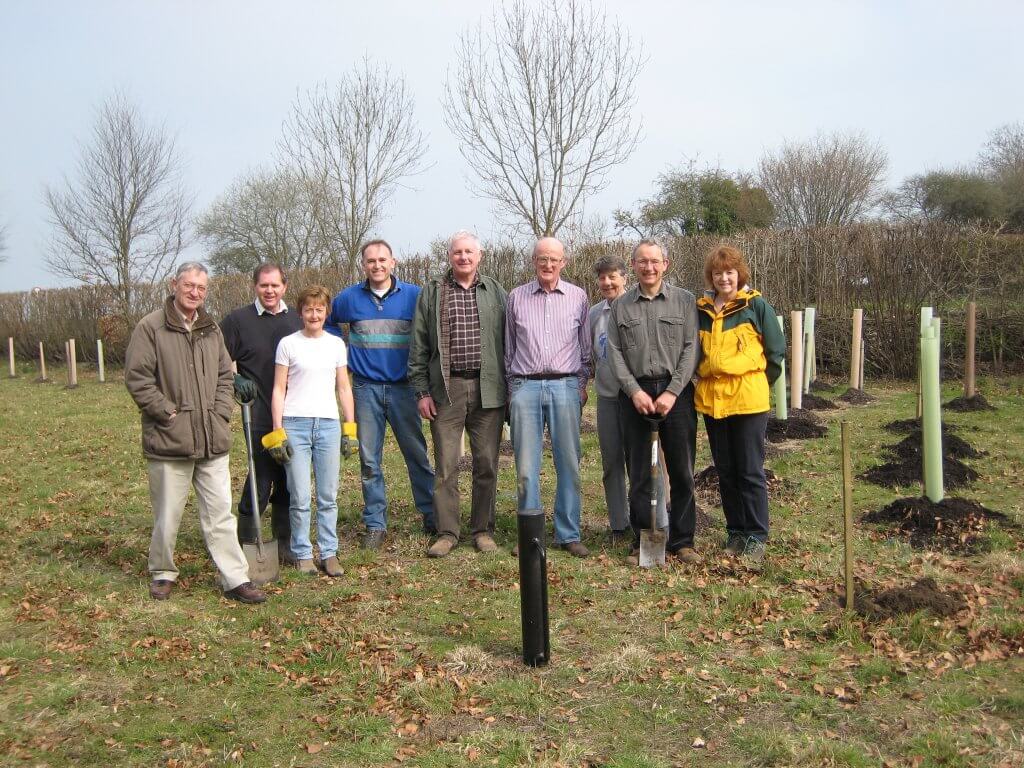The challenges and rewards of running a successful community group
We held our first Low Carbon Hub community coffee morning of 2021 on Tuesday 23 February and discussed the challenges and rewards of running a successful community group.
Setting up and running a community group takes a lot of work, coordination and enthusiasm. It can be time consuming and frustrating but inspiring and wonderful when you see people taking action together to create something better. Positive action usually begins with a few members of the community who share a passion for changing the environment, their enthusiasm gradually becomes contagious as more people realise that doing something collectively can make a difference.
Four of our established Low Carbon Hub community groups shared their experience and valuable insights:
We asked them to share what motivated them to start a low carbon group in their communities by considering the following questions :
- What has worked well?
- What didn’t go to plan?
- What do you wish you’d known when starting out?
- What advice would you give to a new community group?
- What challenges will 2021 bring to your community group?
It proved to be a vibrant and lively discussion as each group had a different approach and a different community demographic. They all had several experiences and challenges in common and tackled them by finding creative solutions and they were happy to share their advice with us.
The main challenges:
How to attract younger people ?
- Try to encourage and include at least one young person on your steering group or board.
- Include Extinction Rebellion in your communications, they have a great website and resources.
- Make contact with the local primary and secondary schools and suggest presenting an assembly on positive action that can be taken to reduce climate change.
- Find out where and when the environment features on the curriculum for best results.
- Try to make a note of Science Week, usually in March each year, which is a good time to suggest an activity.
- There are helpful resources available from the KidsCan project, which was designed by Low Carbon West Oxford to help parents and teachers discuss the subject of climate change with children in an empowering way:
- There is also a fantastic educational resource pack available to help young people from Westmill Sustainable Energy Trust (WESET):
How to convert ‘interested members’ from your newsletter list into active volunteers?
- This is the big challenge but the main advice from each group was to hold regular practical events and hands on workshops that people can participate in and see results, such as Repair Cafes, Incredible Edibles and community tree planting.
- People who participate and feel involved for a common cause are much more likely to be motivated to return.
- Sustainable Wantage attract volunteers by giving them specific roles for a short period of time to begin with and always follow up with a record of the results of the event.
- Linking up with other societies and groups is important to share resources, volunteers and reach a wider audience.
- Keep the profile of your group alive in the community with regular feedback, social media and document with lots of photos.
- Low Carbon Oxford North made the important point that communicating about what you’re doing whilst you’re doing it and following up after events is as important as doing the events themselves.
- Sustainable Woodstock noted that a small group of very dedicated members can be intimidating to others, so it’s important to have a variety of roles available for volunteers.
How to engage with the local council?
- Most of the groups felt that engagement with the local council could be better. There was no fail safe solution but many district, town councils and parish councils have declared an environmental emergency and are seeking ideas to help to coordinate a response.
- Sustainable Wantage and Cholsey Environmental Champions have succeeded in getting one of their members co-opted onto the council’s environment sub committee and have seen a positive shift in attitude.
- Henley Climate Emergency Working Group have successfully worked with the town council to advise on sustainable measures in new buildings.
A few good mistakes
It can be daunting to take the plunge to form a new community group so it was reassuring to hear that being prepared to make mistakes and fail magnificently is all part of the learning process.
Low Carbon Oxford North felt it was important to accept that not everything will go well and for every one idea that works there will be three that don’t. A great example was the demise of their Electric Car club, which seemed like such a good idea but take up from the community was low and it eventually dissolved
Abingdon Carbon Cutters set up a CIC to develop the Abingdon Hydro project and nearly succeeded but in the end the time and money involved proved too challenging.
Sustainable Wantage have a dedicated space in a former shop on the High Street, called The Mix, which gives them a visible presence in the town centre but sustaining the funding to keep it open and running is a continuous challenge.
Advice for the future
Dream Big! – Is the message from Sustainable Wantage, as there is massive community interest at the moment and ideas can gather momentum quickly. They feel that other people and organisations are just waiting for someone to take the lead.
Keep looking up and congratulate yourself and the group on all you have achieved.
Record all data right from the start because:
- It helps with funding applications
- It helps both in terms of feedback and measuring impact
- It’s great to share with volunteers and the wider community
Launch in – if you have an idea, seek help from CAG and don’t wait as things can take a lot longer than planned is the advice from Abingdon Carbon Cutters.
The Transition Towns model is inspiring and helps to alleviate all the responsibility continually being placed on a few people. Their model works by having a core committee supported by a sub group for each project with a member of the core group included. Sustainable Woodstock have found this structure useful.
Group Dynamics – Low Carbon Oxford North advise taking time to reflect on your group’s identity and find ways to engage with the wider community, outside of people who have awareness of climate change. They recommend reading and talking with your group about the social science resources now available on public engagement and climate change from Climate Outreach.
The Centre for Climate and Social Transformation have excellent advice on how to support people during change.
LCON’s Social Science resource links:
- Climate Outreach, Mainstreaming Low Carbon Lifestyles – They include examples of good messaging and it’s possible just to read the executive summary and still get some very useful information. Their website has many more reports and guides which it’s worth browsing.
- Hope for the Future (engaging MPs and lobbying)
- Climate Psychology Alliance – A good resource for anyone who wants to dig deeper
- Centre for Alternative Technology – On the emotional aspects of climate change, see Rosemary Randall’s blog for CAT last month – linked to the talk she gave there last week.
Adopting a legal structure – You don’t need to adopt a legal structure to form a low carbon group but you can get good advice to help make that decision from:
Low Carbon Oxford North found that adopting a legal structure (charity and company limited by guarantee) early on was beneficial. They receive income from solar FIT installations on two schools which helps to manage the extra admin that comes with a legal structure.
How to manage Social Media – CAG and Extinction Rebellion both run social media workshops/courses.
And finally – The Main challenges looking ahead to 2021
- How to avoid despair and remain positive!
- Sustaining connections with other community groups
- How to increase awareness and engage with groups not included in the “Green Bubble”
- How to talk about the environment within the context of Covid 19
- How to focus and consolidate actions after restrictions are lifted
- Working with the town council to increase awareness of environmental change.
A massive thanks to all our groups who took part in the meeting and shared their thoughts!
Cathy Ryan, Community Engagement Manager, LCH

